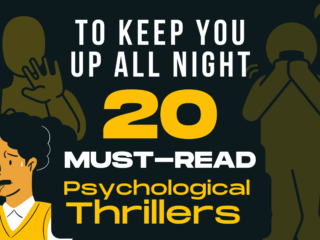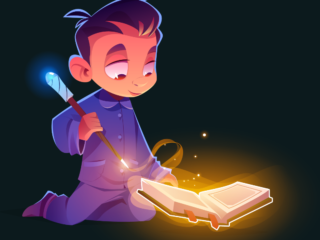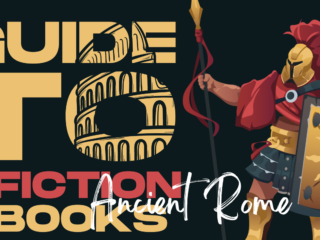Have you ever dreamt of hurtling through space, encountering strange new civilizations, or grappling with the ethical dilemmas of a future fueled by technology?
Classic science fiction (sci-fi) invites you to explore these possibilities and more! This genre, rich with imaginative tales, has captivated readers for generations.
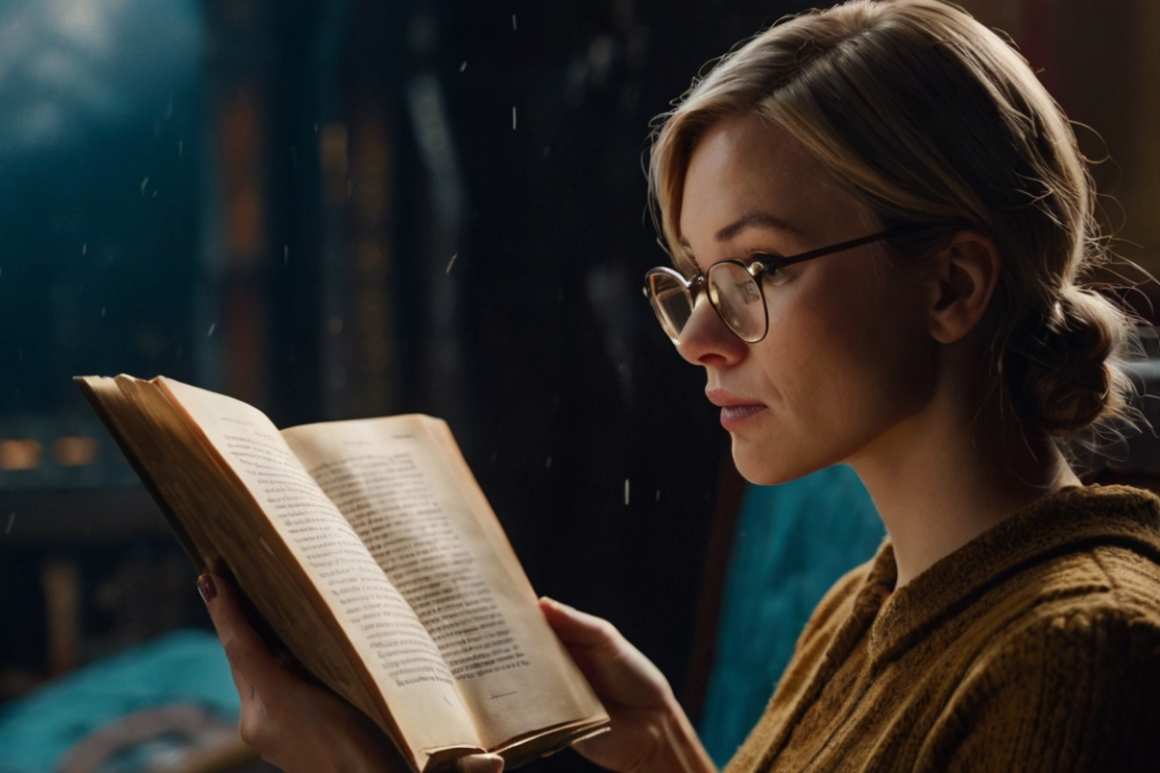
This guide serves as your launchpad into the incredible world of classic sci-fi.
We’ll delve into the genre’s history, introduce you to iconic authors and their groundbreaking works, and equip you with a must-read list to jumpstart your cosmic adventure.
What is Classic Sci-Fi?
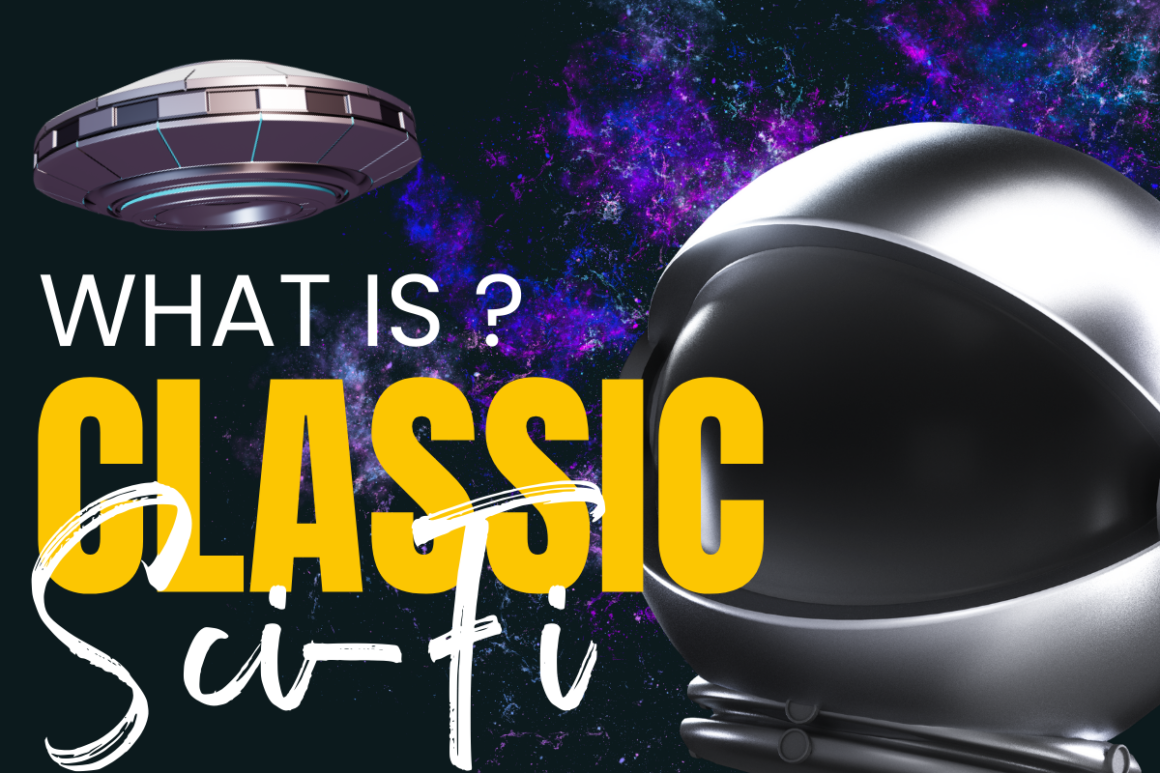
Classic sci-fi encompasses science fiction literature generally considered to be from the early 20th century to the late 1960s [Wikipedia, Science Fiction]. These stories often focus on the impact of scientific advancements on humanity, exploring themes like space travel, technological progress, and encounters with alien life.
While some classic sci-fi leans towards scientific accuracy (hard sci-fi), many embrace fantastical elements and imaginative technology (soft sci-fi).
A Brief History of Classic Sci-Fi
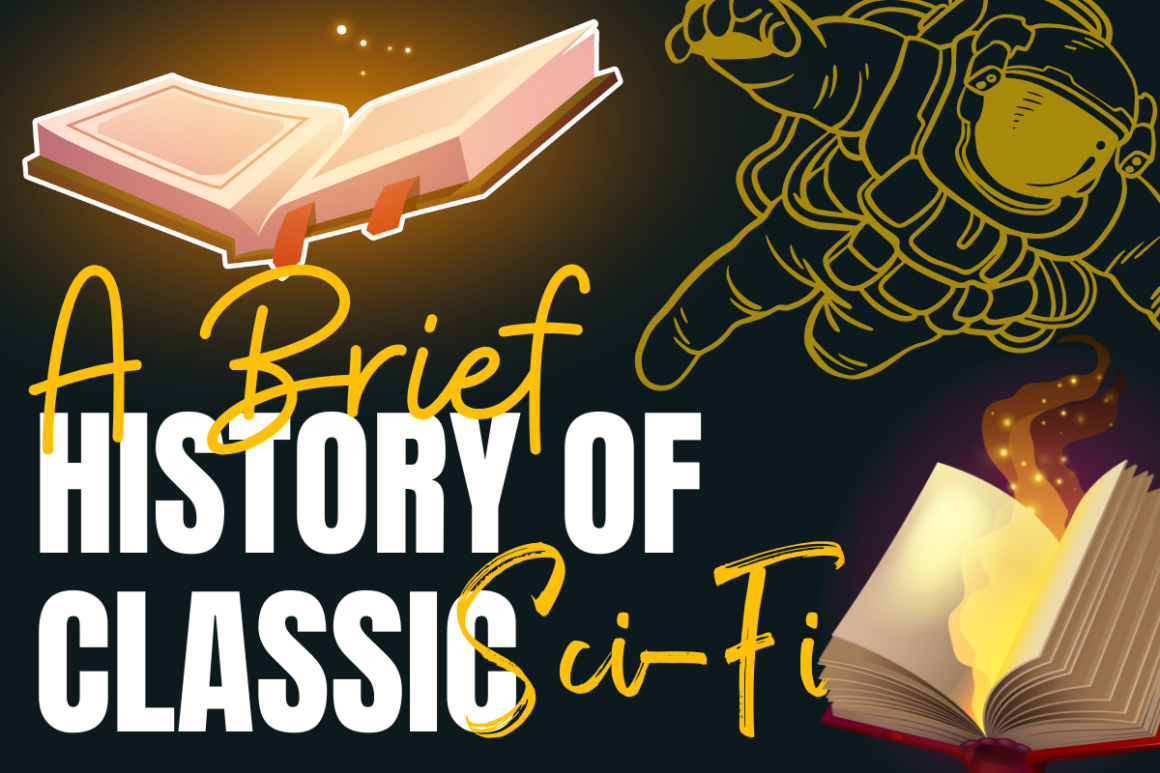
Science fiction has roots dating back centuries, but its golden age truly blossomed in the early 20th century. Pioneering authors like H.G. Wells (The War of the Worlds) and Jules Verne (Twenty Thousand Leagues Under the Sea) laid the foundation with their visionary tales.
The genre gained further momentum in the 1930s with the rise of pulp magazines like Amazing Stories. These publications introduced readers to iconic authors like Isaac Asimov (Foundation series), Robert Heinlein (Stranger in a Strange Land), and Arthur C. Clarke (2001: A Space Odyssey).
The mid-20th century saw a focus on dystopian themes, with works like Aldous Huxley’s (Brave New World) and George Orwell’s (1984) exploring the potential pitfalls of unchecked technological advancement and totalitarian regimes.
The late 1960s witnessed a shift towards “New Wave” science fiction that experimented with form and explored social and psychological themes. While this era falls outside the “classic” label, it demonstrates the genre’s continuous evolution.
Subgenres of Classic Sci-Fi

The vast universe of classic sci-fi offers something for every reader.
Here are some notable subgenres:
- Space Exploration Adventures: These stories take readers on thrilling journeys to unknown planets, encountering fascinating alien civilizations and encountering the wonders of deep space. (e.g., A Princess of Mars by Edgar Rice Burroughs)
- Dystopian Classics: These cautionary tales delve into societies shaped by oppressive governments, technological control, and environmental degradation. (e.g., Fahrenheit 451 by Ray Bradbury)
- Science Fiction’s Golden Age: This period is renowned for its focus on scientific accuracy and optimism about technological progress. (e.g., I, Robot by Isaac Asimov)
- Pioneering Female Authors: Several women made significant contributions to classic sci-fi, exploring themes of gender roles and societal expectations in their futuristic narratives. (e.g., The Left Hand of Darkness by Ursula K. Le Guin)
Must-Read Classic Sci-Fi Books
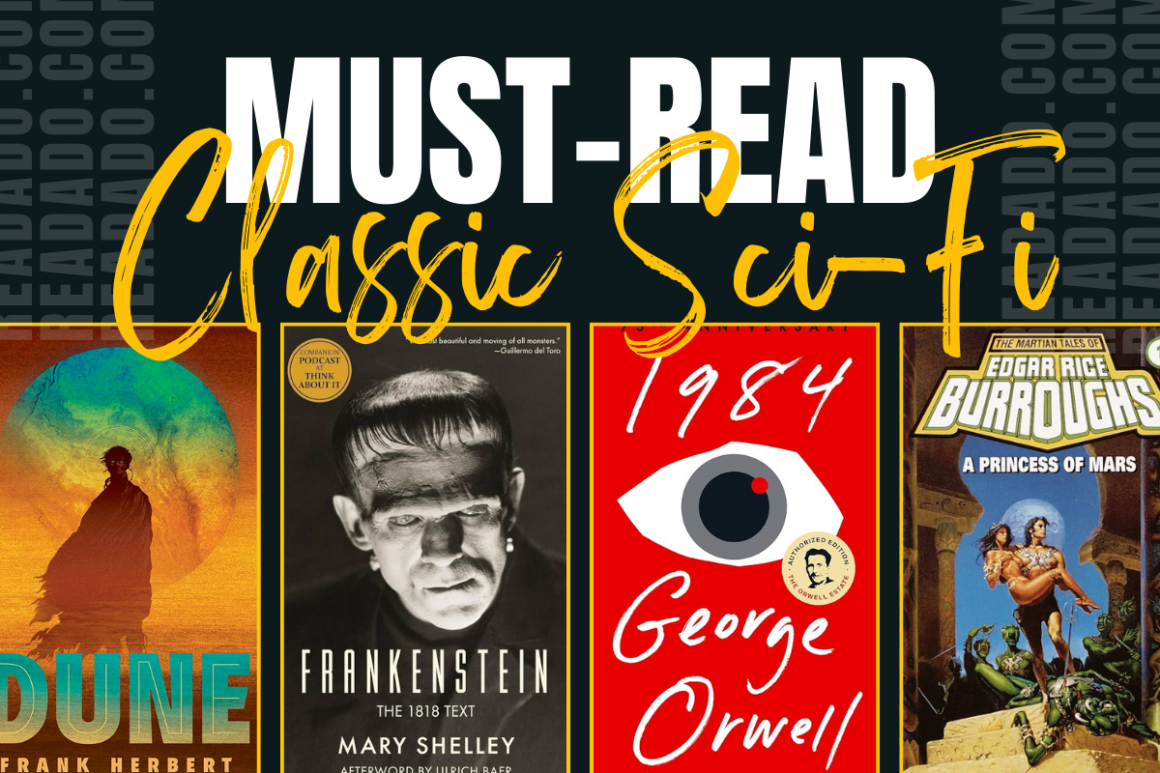
Now, it’s time to embark on your literary voyage! Here are some essential reads categorized by subgenre:
Science Fiction’s Golden Age:
- 1984 by George Orwell (1949): This dystopian masterpiece depicts a totalitarian regime that controls and manipulates its citizens’ thoughts and actions.
- Fahrenheit 451 by Ray Bradbury (1953): A chilling vision of a future where books are outlawed and “firemen” burn them.
- I, Robot by Isaac Asimov (1950): A collection of short stories exploring the relationship between humans and robots, introducing the Three Laws of Robotics.
Dystopian Classics:
- Brave New World by Aldous Huxley (1932): An unsettling portrayal of a future society where individuals are genetically engineered and happiness is manufactured, raising questions about free will and individuality.
- We by Yevgeny Zamyatin (1921): This pioneering dystopian novel explores a society obsessed with efficiency and control, where every aspect of life is regulated by the state.
Space Exploration Adventures:
- A Princess of Mars by Edgar Rice Burroughs (1912): Join John Carter on his interplanetary adventure to Mars, where he finds himself embroiled in a war between alien races.
- Rendezvous with Rama by Arthur C. Clarke (1973): A mysterious cylindrical object enters the Solar System, sparking scientific curiosity and international intrigue.
Pioneering Female Authors:
- The Left Hand of Darkness by Ursula K. Le Guin (1969): This groundbreaking novel explores themes of gender identity and diplomacy on a world with a unique biological cycle.
- Frankenstein by Mary Shelley (1818): While often considered Gothic horror, Frankenstein also touches on scientific advancements and the ethical implications of artificial intelligence.
Bonus Picks:
- Dune by Frank Herbert (1965): This epic space opera, while technically on the cusp of the classic era, is a must-read for its complex world-building, political intrigue, and ecological themes.
- The Martian Chronicles by Ray Bradbury (1950): A collection of short stories chronicling humanity’s attempts to colonize Mars, showcasing the beauty and challenges of space exploration.
Remember: This list merely scratches the surface of classic sci-fi’s treasures. Explore these iconic works, and venture further to discover hidden gems in this vast and ever-evolving genre.
FAQs About Classic Sci-Fi
Q: Is classic sci-fi relevant today?
A: Absolutely! Classic sci-fi tackles timeless themes like technological advancement, the human condition, and our place in the universe. These stories remain relevant and insightful, offering cautionary tales and sparking our imagination.
Q: Where can I find classic sci-fi books?
A: Many classic sci-fi novels are available online for free or at a low cost. Local libraries are excellent resources, often carrying a wide selection of classic works. Used bookstores and online retailers also offer affordable options.
Q: What if I’m new to sci-fi?
A: Classic sci-fi offers a fantastic entry point! The stories in this list are generally accessible, and many have been adapted into films or television shows.
Conclusion
We’ve launched you into the exciting world of classic sci-fi! Explore the must-read list, delve deeper into the subgenres that pique your interest, and remember – the possibilities are endless.
Ready to take your sci-fi journey to the next level? Here are some ways to keep exploring:
- Classic Sci-Fi Movies and TV Shows: Many classic novels have been adapted for the screen. Watching these adaptations can enhance your understanding of the stories and characters.
- Online Resources and Communities: Delve deeper into the world of classic sci-fi with online resources and communities dedicated to the genre. Websites like The Hugo Awards and subreddits like r/classicbooks can offer recommendations, discussions, and insights from fellow sci-fi enthusiasts.
- Explore Related Genres: Classic sci-fi often blends with other genres like fantasy or steampunk. If you enjoy certain elements, explore books that bridge the gap.
- Join a Book Club: Discussing classic sci-fi with others can enrich your experience. Consider joining a local book club or starting your own online group.
- Write Your Own Sci-Fi Story: Fueled by your newfound knowledge and inspiration, why not try crafting your own science fiction tale?
Remember, this journey is yours! Explore, experiment, and have fun discovering the vast and wondrous world of classic sci-fi.
Let us know in the comments below what classic sci-fi books you’ve read and what you recommend!




